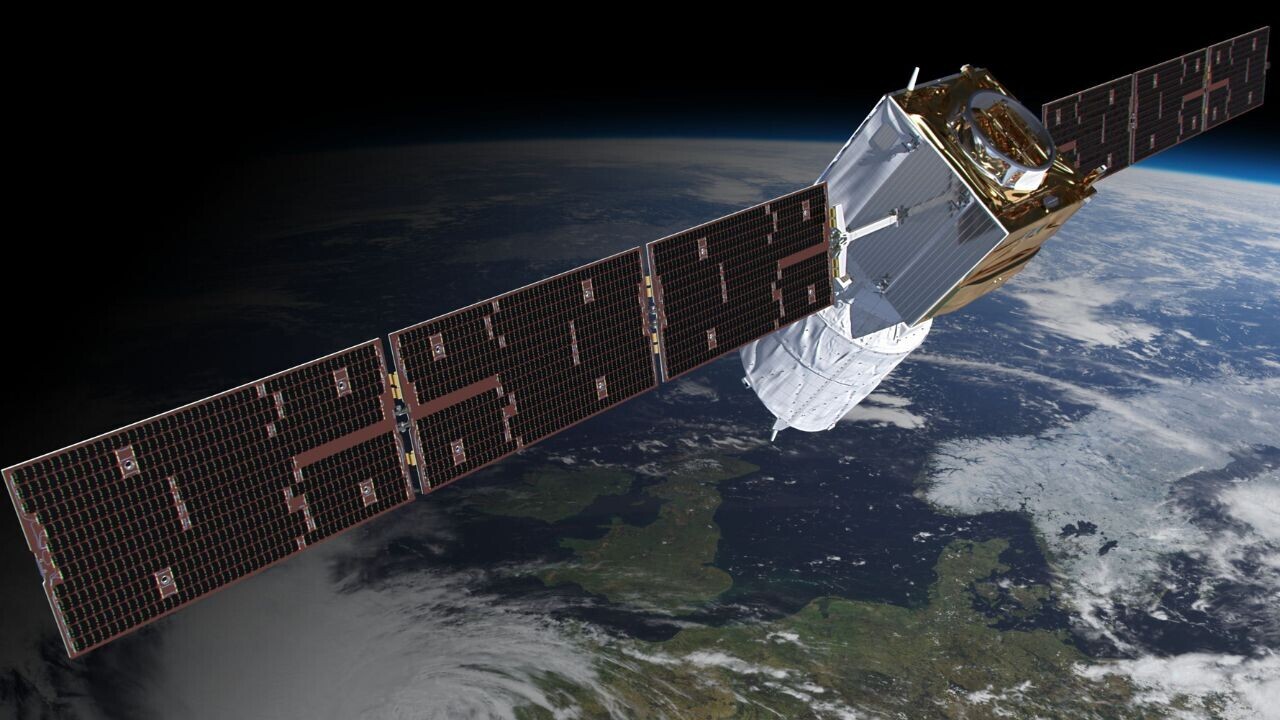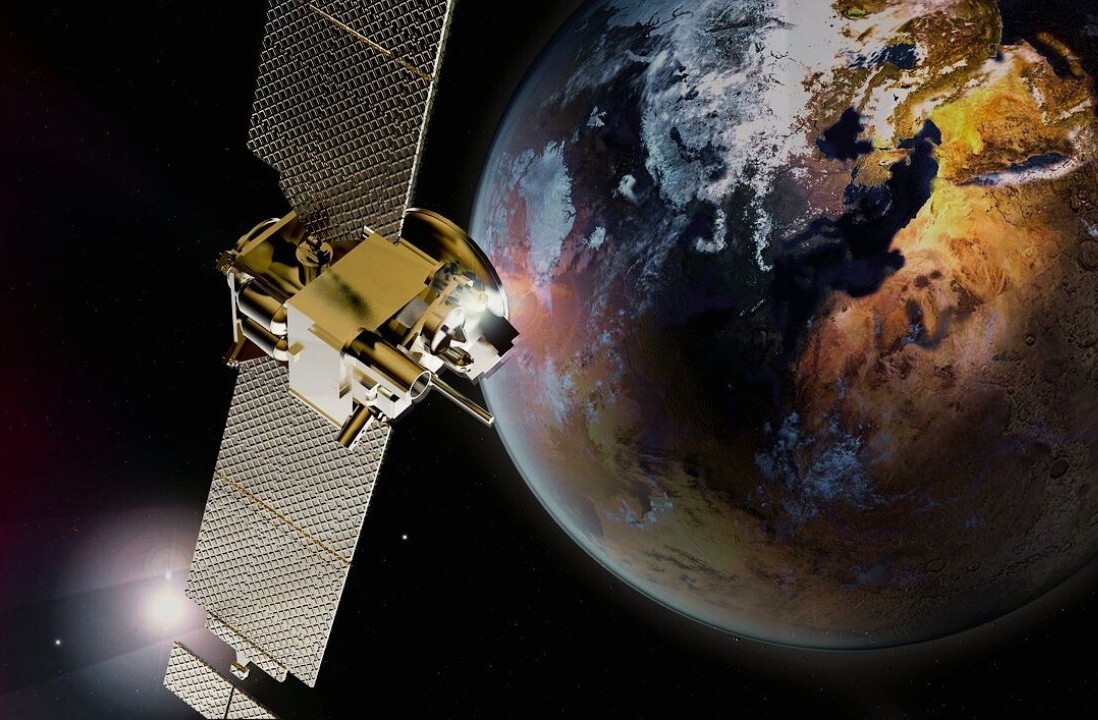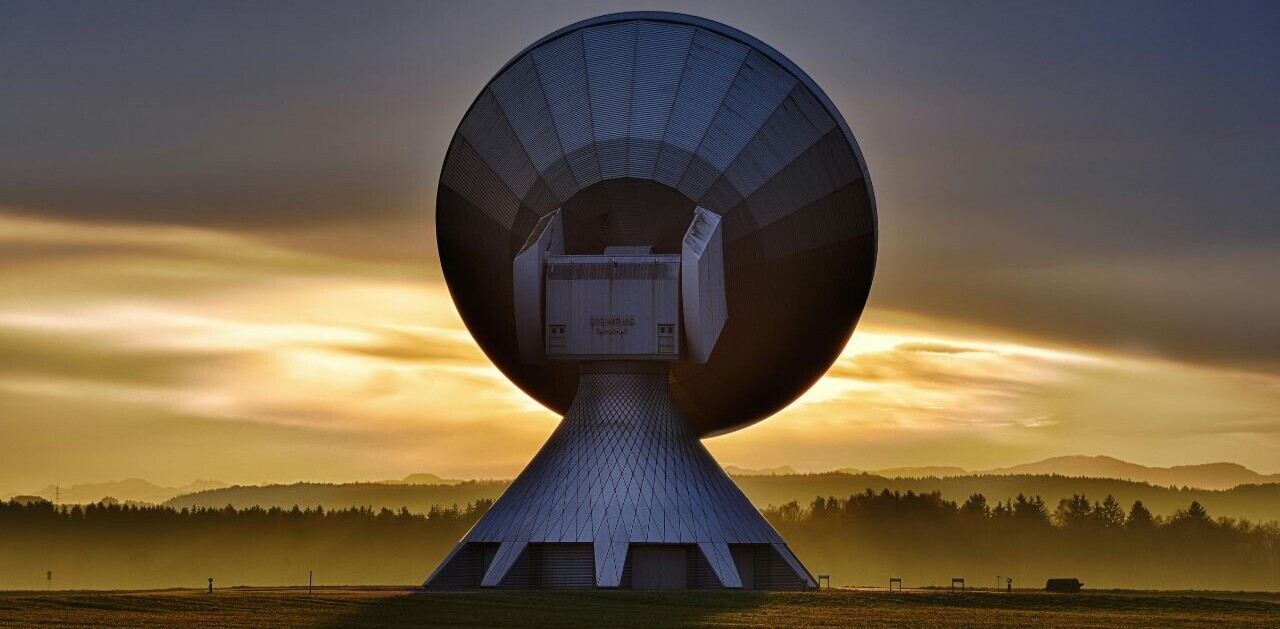
As fears of war with China escalate, Taiwan is seeking European support for its communications systems.
The island nation recently tapped services from two satellite firms on the continent: the UK’s OneWeb and Luxembourg’s SES.
To avoid disruption during a potential conflict, SES will implement a medium-earth orbit (MEO) satellite network, Taipei’s digital ministry announced last week.
SES confirmed the project to TNW on Monday. The company said it aimed to give Taiwan “an emergency backup network in case of damages to its current terrestrial networks.”
The move is part of broader plans to strengthen Taiwan’s digital resilience. The country hopes non-geostationary satellites can protect services such as online calls, video conferencing, and live broadcasting.
In addition to the SES deployment, Taiwan has sought assistance from OneWeb. Audrey Tang, the country’s digital minister, visited the British company in June to discuss deploying a low-Earth orbit (LEO) system. Tang said OneWeb — which is backed by the UK government — will provide satellite coverage for all of Taiwan by the end of the year.
The network would expand the communications options on the island. By the end of 2024, the nation aims to install over 700 satellite receivers, which will provide a backup network during any disaster.
The plans show the growing role that satellite firms are playing in global conflicts. They’ve been particularly prominent in Ukraine, where SpaceX’s Starlink has provided internet services since Russia’s full-scale invasion. The network has kept the country connected during disruption to terrestrial systems.
The war in Ukraine has also strengthened the case for the EU’s satellite constellation. Known as IRIS2, the network is designed to maintain internet access during crisis situations. The $6.2bn (€5.7bn) project is scheduled to launch by 2027.
“For the first time, the European Union will have its own telecommunications constellation, in particular in low orbits, the new frontier for telecommunication satellites,” MEP Christophe Grudler, rapporteur on the EU secure connectivity programme, said last year.
Get the TNW newsletter
Get the most important tech news in your inbox each week.




